disaster relief
The 2011 anime series Hanasaku Iroha and its film are now streaming on YouTube for free for residents of Japan with proceeds going towards aid.
Japanese bread company goes above and beyond during the disaster, feeding people and keeping their spirits up at the same time.
Users rush to post and gush over photos of the waterlogged caverns beneath Japan’s Metropolitan Area.
What many may think is well-intentioned well-wishing may not actually be all that well-received by victims of natural disasters.
Japan’s Coast Guard celebrates its 70th year anniversary by showcasing its bad-assery: blocking terrorists, saving swimmers and cleaning the ocean.
Japan is no stranger to natural disasters, and the world rose up in support after the devastating earthquake and tsunami in 2011 left thousands dead and millions homeless. Now it’s time for Japanese people to repay that kindness by supporting one of their greatest benefactors through their own period of crisis.
In light of emergency vehicles being unable to reach victims of the 2011 Tohoku earthquake and tsunami, the Tokyo Metropolitan Police Department has announced the addition of 10 off-road bikes to their force.
Although it has been more than two and a half years since the devastating earthquake and tsunami struck northeastern Japan, much of the area is still in need of disaster aid for the recovery efforts. But before you look around your house for items to donate, take a look at what volunteer groups, local governments and aid recipients themselves would rather you keep at home. And you might be very surprised to what else Twitter users have deemed the most “unnecessary things at a disaster zone.”
The Japanese Red Cross Society recently released a summary of countries and territories that sent donations (as of the end of 2012) to the organization following the Great East Japan Earthquake. Topping the list were the United States and Taiwan, number one and two respectively, with donations in excess of 2.9 billion yen (approx. US$29 million) each. A total of 22.7 billion yen was received from 179 countries and territories, including from among the world’s poorest nations. Drawing the attention of some Netizens was the fact that neighboring South Korea failed to make the top 20.
Read More

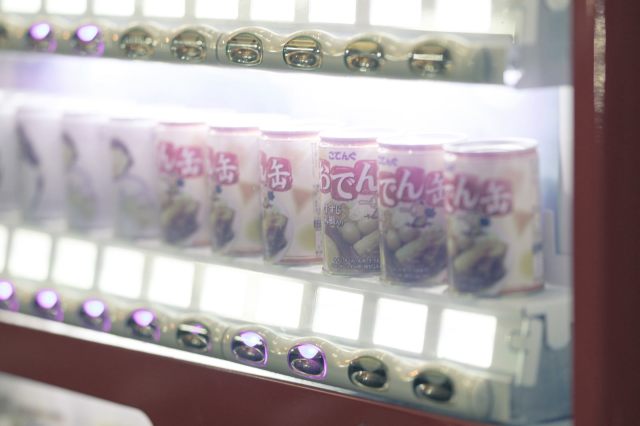
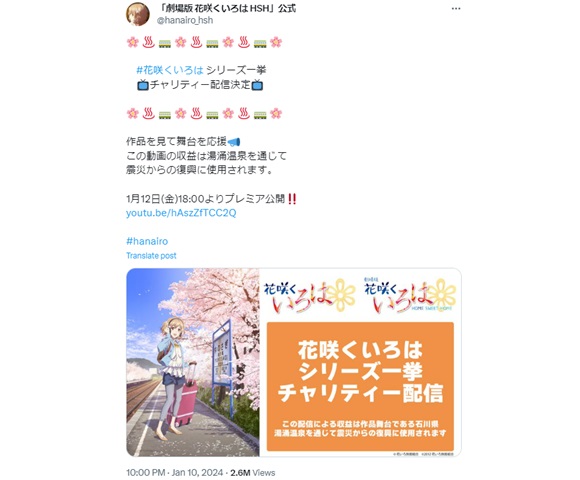

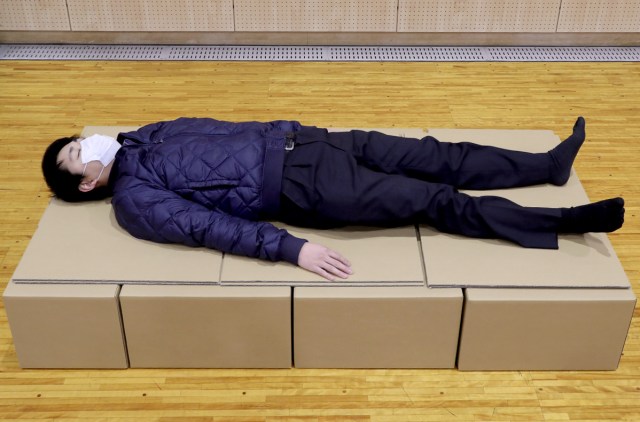



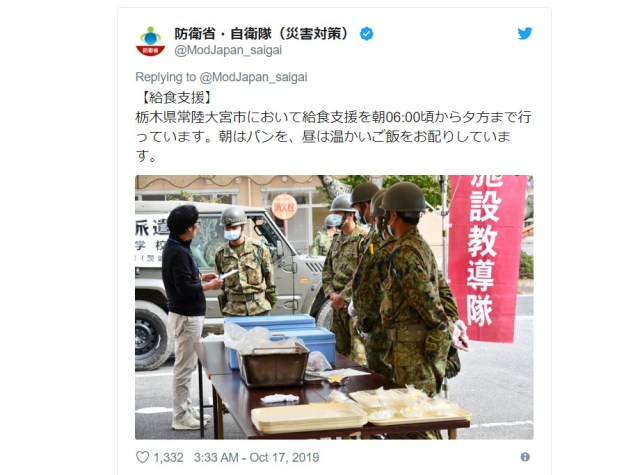
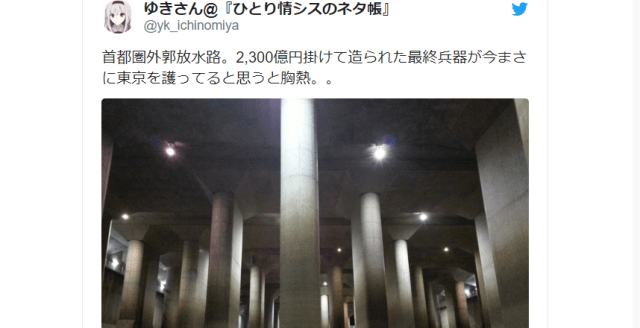

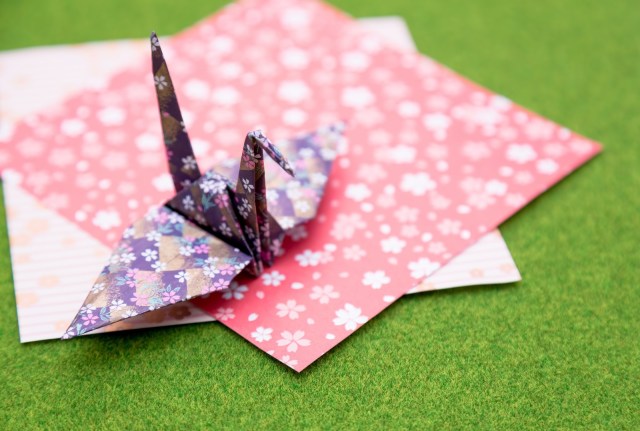

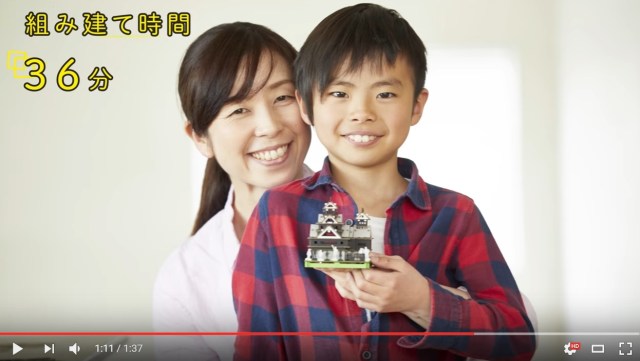
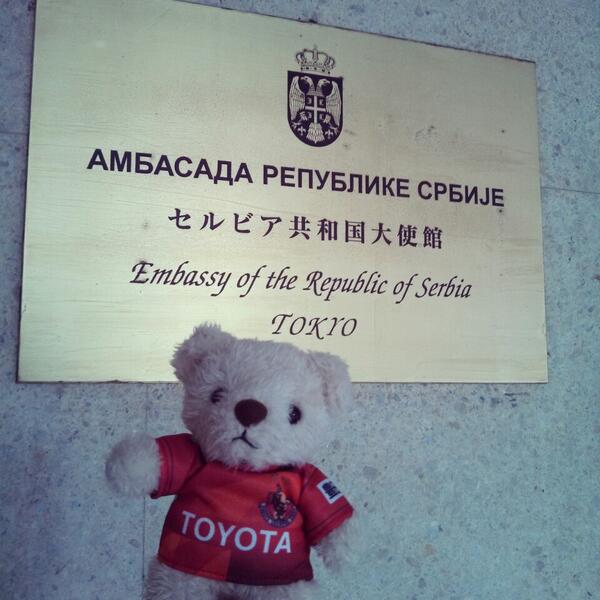
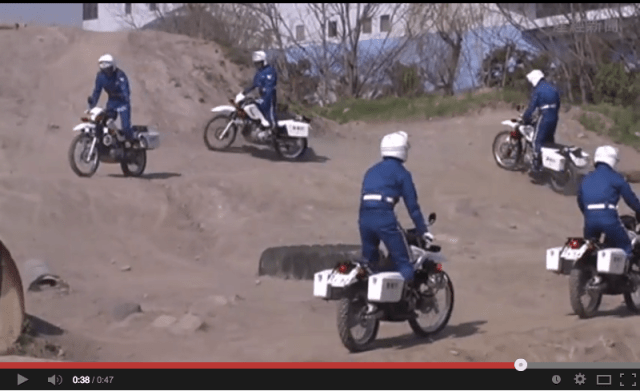
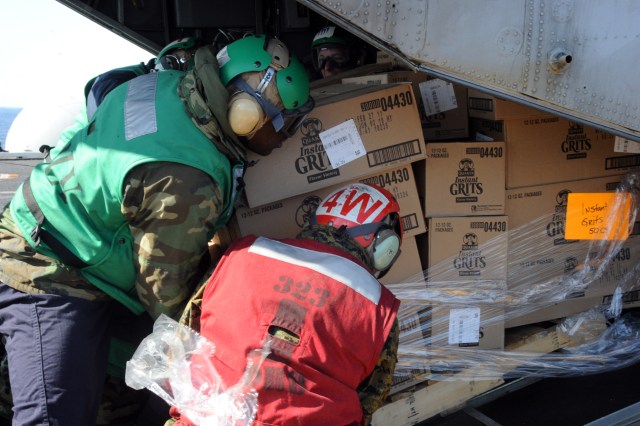
 Starbucks Japan releases first-ever Hinamatsuri Girls’ Day Frappuccino
Starbucks Japan releases first-ever Hinamatsuri Girls’ Day Frappuccino Eevee returns to Japan’s famous Tokyo Banana, bundled with a cute tote bag
Eevee returns to Japan’s famous Tokyo Banana, bundled with a cute tote bag Which convenience store onigiri rice balls are the most popular? Survey reveals surprising results
Which convenience store onigiri rice balls are the most popular? Survey reveals surprising results The fish in rural Fukui that rivals Japan’s most auspicious sea bream
The fish in rural Fukui that rivals Japan’s most auspicious sea bream Japanese restaurant chain serves Dragon Ball donuts and Senzu Beans this spring
Japanese restaurant chain serves Dragon Ball donuts and Senzu Beans this spring The 10 most annoying things foreign tourists do on Japanese trains, according to locals
The 10 most annoying things foreign tourists do on Japanese trains, according to locals Does this video about an abandoned dog leave you wiping your eyes or shaking your fist?
Does this video about an abandoned dog leave you wiping your eyes or shaking your fist? Say hello to Japan’s new generation of adults, fresh from Kitakyushu’s 2023 seijinshiki ceremony
Say hello to Japan’s new generation of adults, fresh from Kitakyushu’s 2023 seijinshiki ceremony Man in Japan takes four parakeets hostage in attempt to force woman to meet with him
Man in Japan takes four parakeets hostage in attempt to force woman to meet with him Drift ice in Japan is a disappearing winter miracle you need to see now
Drift ice in Japan is a disappearing winter miracle you need to see now Highest Starbucks in Japan set to open this spring in the Tokyo sky
Highest Starbucks in Japan set to open this spring in the Tokyo sky Tokyo Skytree turns pink for the cherry blossom season
Tokyo Skytree turns pink for the cherry blossom season Yakuzen ramen restaurant in Tokyo is very different to a yakuza ramen restaurant
Yakuzen ramen restaurant in Tokyo is very different to a yakuza ramen restaurant Japan Extreme Budget Travel! A trip from Tokyo to Izumo for just 30,000 yen [Part 1]
Japan Extreme Budget Travel! A trip from Tokyo to Izumo for just 30,000 yen [Part 1] Japan has only one airport named after a samurai, so let’s check out Kochi Ryoma【Photos】
Japan has only one airport named after a samurai, so let’s check out Kochi Ryoma【Photos】 Japanese drugstore sells onigiri at pre-stupid era prices, but how do they compare to 7-Eleven?
Japanese drugstore sells onigiri at pre-stupid era prices, but how do they compare to 7-Eleven? Burning through cash just to throw things away tops list of headaches when moving house in Japan
Burning through cash just to throw things away tops list of headaches when moving house in Japan Starbucks Japan releases new sakura goods and drinkware for cherry blossom season 2026
Starbucks Japan releases new sakura goods and drinkware for cherry blossom season 2026 Japan’s newest Shinkansen has no seats…or passengers [Video]
Japan’s newest Shinkansen has no seats…or passengers [Video] Foreigners accounting for over 80 percent of off-course skiers needing rescue in Japan’s Hokkaido
Foreigners accounting for over 80 percent of off-course skiers needing rescue in Japan’s Hokkaido Super-salty pizza sends six kids to the hospital in Japan, linguistics blamed
Super-salty pizza sends six kids to the hospital in Japan, linguistics blamed Starbucks Japan unveils new sakura Frappuccino for cherry blossom season 2026
Starbucks Japan unveils new sakura Frappuccino for cherry blossom season 2026 Foreign tourists in Japan will get free Shinkansen tickets to promote regional tourism
Foreign tourists in Japan will get free Shinkansen tickets to promote regional tourism Take a trip to Japan’s Dododo Land, the most irritating place on Earth
Take a trip to Japan’s Dododo Land, the most irritating place on Earth Naruto and Converse team up for new line of shinobi sneakers[Photos]
Naruto and Converse team up for new line of shinobi sneakers[Photos] Is China’s don’t-go-to-Japan warning affecting the lines at a popular Tokyo gyukatsu restaurant?
Is China’s don’t-go-to-Japan warning affecting the lines at a popular Tokyo gyukatsu restaurant? Survey asks foreign tourists what bothered them in Japan, more than half gave same answer
Survey asks foreign tourists what bothered them in Japan, more than half gave same answer Japan’s human washing machines will go on sale to general public, demos to be held in Tokyo
Japan’s human washing machines will go on sale to general public, demos to be held in Tokyo Starbucks Japan releases new drinkware and goods for Valentine’s Day
Starbucks Japan releases new drinkware and goods for Valentine’s Day We deeply regret going into this tunnel on our walk in the mountains of Japan
We deeply regret going into this tunnel on our walk in the mountains of Japan Studio Ghibli releases Kodama forest spirits from Princess Mononoke to light up your home
Studio Ghibli releases Kodama forest spirits from Princess Mononoke to light up your home Major Japanese hotel chain says reservations via overseas booking sites may not be valid
Major Japanese hotel chain says reservations via overseas booking sites may not be valid Put sesame oil in your coffee? Japanese maker says it’s the best way to start your day【Taste test】
Put sesame oil in your coffee? Japanese maker says it’s the best way to start your day【Taste test】 No more using real katana for tourism activities, Japan’s National Police Agency says
No more using real katana for tourism activities, Japan’s National Police Agency says The 10 most annoying things foreign tourists do on Japanese trains, according to locals
The 10 most annoying things foreign tourists do on Japanese trains, according to locals Does this video about an abandoned dog leave you wiping your eyes or shaking your fist?
Does this video about an abandoned dog leave you wiping your eyes or shaking your fist? Say hello to Japan’s new generation of adults, fresh from Kitakyushu’s 2023 seijinshiki ceremony
Say hello to Japan’s new generation of adults, fresh from Kitakyushu’s 2023 seijinshiki ceremony Man in Japan takes four parakeets hostage in attempt to force woman to meet with him
Man in Japan takes four parakeets hostage in attempt to force woman to meet with him Drift ice in Japan is a disappearing winter miracle you need to see now
Drift ice in Japan is a disappearing winter miracle you need to see now We test out Japanese megastore Don Quijote’s new mega-affordable smart watch
We test out Japanese megastore Don Quijote’s new mega-affordable smart watch Japan’s top 10 open-air hot spring baths with cherry blossom views【Survey】
Japan’s top 10 open-air hot spring baths with cherry blossom views【Survey】 Tokyo street sweets: The must-snack treats of Nakano’s Refutei
Tokyo street sweets: The must-snack treats of Nakano’s Refutei Osaka establishes first designated smoking area in Dotonbori canal district to fight “overtourism”
Osaka establishes first designated smoking area in Dotonbori canal district to fight “overtourism” Saitama is home to the best strawberries in Japan that you’ve probably never even heard of
Saitama is home to the best strawberries in Japan that you’ve probably never even heard of Is Oni Koroshi sake in a drink box wino fuel or a hidden gem?
Is Oni Koroshi sake in a drink box wino fuel or a hidden gem? Yoshinoya has an ultra-luxurious wagyu beef bowl you can only get one place in Japan【Taste test】
Yoshinoya has an ultra-luxurious wagyu beef bowl you can only get one place in Japan【Taste test】 Giant hotel rooms in Osaka reflect the new non-niche face of travel in Japan.
Giant hotel rooms in Osaka reflect the new non-niche face of travel in Japan. Ghibli’s Kiki’s Delivery Service returns to theaters with first-ever IMAX screenings and remaster
Ghibli’s Kiki’s Delivery Service returns to theaters with first-ever IMAX screenings and remaster